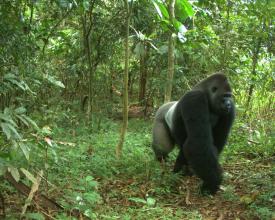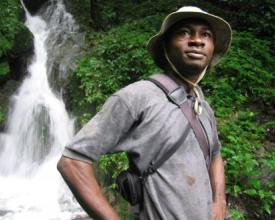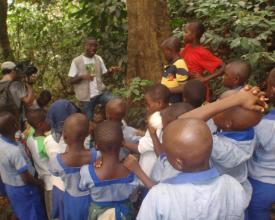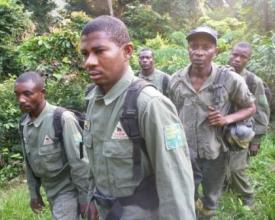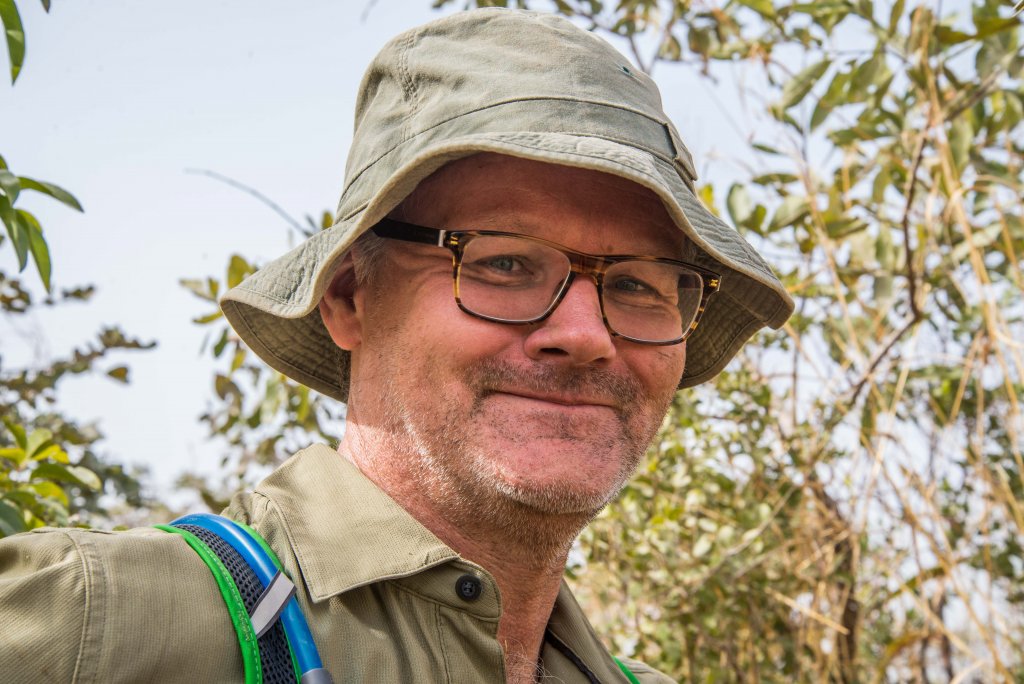
Securing land tenure for local communities to protect Cross River gorillas
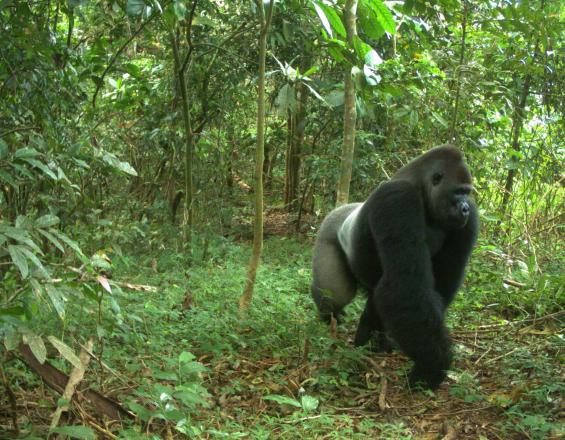
In a process facilitated by the Wildlife Conservation Society, nine communities surrounding the Mbe Mountains formed a conservation association to safeguard local forests and watersheds – and Africa's most endangered ape, the Cross River gorilla. Strengthening traditional management rights for local people improved their sense of ownership and reduced levels of hunting. The association is working to limit forest loss and protect habitat corridors by improving sustainable agriculture.
Context
Challenges addressed
Location
Process
Summary of the process
Building Blocks
Creation of conservation association unites local communities
Enabling factors
Lesson learned
Strict enforcement of community laws by community rangers
Enabling factors
Lesson learned
NGO facilitates stakeholder dialogue, builds capacity and trust
Enabling factors
Lesson learned
Impacts
The solution has dramatically reduced levels of hunting in the Mbe Mountains, and hunting is now lower in Mbe than in surrounding government-managed protected areas. In the long-term, reduced levels of hunting will have a positive impact on the status of Cross River gorillas. The solution has effectively engaged with nine different communities who are now represented by a single umbrella organization known as the Conservation Association of the Mbe Mountains. Conservation of the forest has helped protect local watersheds and forest-based livelihoods, which represent a particularly important source of income for women. Some livelihood benefits have been provided although they need to be on a much larger scale. Protecting important forest corridors by supporting cocoa farmers to reduce rates of forest loss offers hope for the future. Developing a sense of local ownership and pride has perhaps been more significant, helping to improve levels of support for conservation and discouraging hunting. The long-term benefits from ecotourism and REDD+ processes are still unknown.

